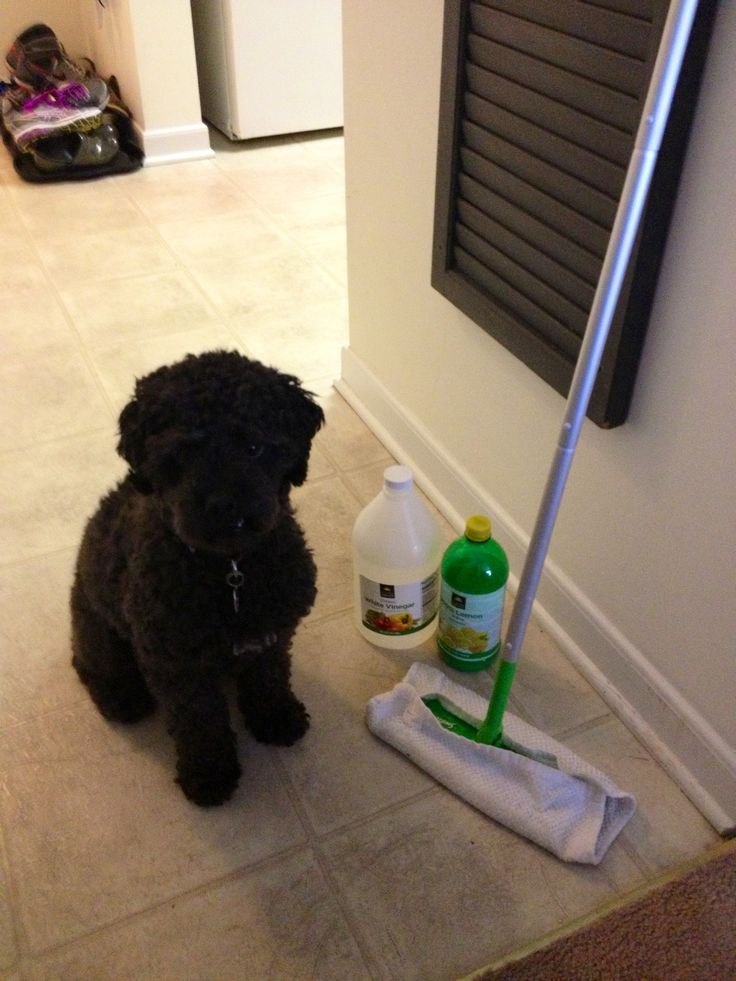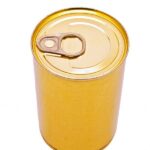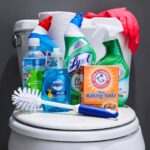How to Choose a Floor Cleaner That's Truly Safe for Pets: Options, DIY Solutions, and What to Avoid

Why Pet-Safe Floor Cleaners Matter
For pet owners, maintaining a clean home isn’t just about appearances-it’s about the health and well-being of your furry companions. Pets, especially animals like dogs and cats that spend much of their time in direct contact with the floor, are at risk of exposure to potentially toxic chemicals that linger on surfaces. Many commercial cleaning products contain ingredients that can cause irritation, respiratory issues, or even worse health effects in animals. That’s why choosing a pet-safe floor cleaner is a crucial step in responsible pet care [1] .
What Makes a Floor Cleaner Pet-Safe?
Pet-safe floor cleaners are typically free from harsh chemicals, synthetic fragrances, and ingredients known to be toxic to animals. Common hazardous substances to avoid include ammonia, bleach, phenols, and certain essential oils. Instead, look for products that are:

Source: phenergandm.com
- Non-toxic and biodegradable
- Free from chlorine, alcohol, and artificial dyes
- Specifically labeled as pet-safe or vet-recommended
Because the cleaning products industry does not always require full ingredient disclosure, it is important to research brands or consider simple, DIY alternatives using pantry staples [1] .
Verified Pet-Safe Floor Cleaner Brands
If you prefer ready-made solutions, several brands offer floor cleaners that are widely recognized as safe for use around pets. For example:
- Bona Pet System : Offers oxygenated multi-surface floor cleaners and microfiber sweeping pads designed to be safe for homes with pets. These products are available for purchase from major retailers and have strong customer reviews regarding safety and effectiveness [3] .
- Method Squirt + Mop Hard Floor Cleaner : Recognized for its non-toxic formula and is often recommended for homes with pets [3] .
- Nature’s Miracle : This brand is well-known for pet-safe cleaning solutions for tile and other hard floors, with a focus on eliminating odors and messes [2] .
- Better Life : Their natural, plant-based formulas are often recommended for both hardwood and tile surfaces [2] .
- Resolve Clean & Fresh Pet Carpet Foam : Designed for cleaning pet messes from carpets and rugs, and is labeled pet-safe when used as directed [3] .
You can find these products at established retailers such as Target and Walmart, either in-store or online. Always check the product label and instructions to confirm pet safety [3] [5] .
DIY Pet-Safe Floor Cleaner Recipes
For those who want full control over the ingredients in their cleaning solutions, making your own pet-safe floor cleaner is both simple and cost-effective. Here are several recipes using common household items:
- Vinegar and Water : Mix one part distilled white vinegar with four parts water. This classic solution is effective for most flooring types but should be avoided on natural stone, such as marble, which can be etched by acidity [1] [2] .
- Lemon Juice and Water : Add a few tablespoons of lemon juice to a bucket of water for a fresh scent and natural antibacterial properties. Ensure all seeds and pulp are strained out to avoid sticky residue [1] .
- Baking Soda and Water : Sprinkle baking soda on the floor before mopping to help neutralize odors. You can then mop with plain water or a mild vinegar solution [4] .
- Liquid Castile Soap and Water : Combine a few drops of unscented, plant-based castile soap with warm water for a gentle but effective cleaning solution, ideal for hardwood or laminate floors [1] .
Always test any homemade solution in a small, inconspicuous area first to ensure it does not damage your flooring.
How to Implement Pet-Safe Cleaning in Your Home
Switching to pet-safe floor cleaning involves several practical steps:
- Identify surfaces your pet contacts most. Focus on high-traffic areas, play zones, and spots where your pet sleeps or eats.
- Remove existing residues. Before using a new cleaner, thoroughly rinse or mop the floor to remove any build-up from previous products.
- Choose your cleaning method. Decide if you’ll use a store-bought pet-safe cleaner or a DIY formula. For convenience, ready-made products may be preferable. For full ingredient transparency, homemade is ideal.
- Follow label instructions. When using commercial cleaners, always read and adhere to the instructions to maximize safety and effectiveness.
- Store all cleaning products securely. Even pet-safe cleaners should be kept out of reach of pets and children to prevent accidental ingestion.
- Maintain a regular cleaning schedule. Frequent, gentle cleaning prevents build-up of dirt and bacteria, supporting a healthier home environment.
If you are unsure whether a product is safe for your particular pet species (such as birds or reptiles), consult your veterinarian or check for product certifications from reputable organizations.
Potential Challenges and Solutions
Challenge: Finding truly non-toxic products in stores can be difficult due to vague labeling or marketing terms like “natural.” Solution: Look for third-party certifications such as EPA’s Safer Choice label, or opt for simple DIY alternatives with basic, well-known ingredients.
Challenge: DIY solutions may not clean as deeply as commercial products, especially for persistent stains or pet accidents. Solution: Use enzymatic cleaners specifically formulated for pet messes, which break down organic material safely and effectively. Brands like Nature’s Miracle and Bona offer such options [2] [3] .
Challenge: Pet owners may worry about the effectiveness of natural cleaners on various floor types. Solution: Always test cleaners on a small area first, and consider alternating between DIY and commercial solutions as needed based on the type and severity of messes.
Alternative Approaches: Steam Cleaning and More
Steam mopping is a chemical-free way to sanitize floors and is considered safe for most pets because it uses only water vapor to clean and disinfect. However, verify that your flooring material is compatible with steam cleaning to avoid damage [1] .
For spot cleaning, unscented baby wipes or microfibre cloths dampened with water can be used for quick, safe clean-up-especially in areas where pets eat or play.

Source: phenergandm.com
How to Find and Access Pet-Safe Floor Cleaners
You can purchase verified pet-safe floor cleaning products from major retailers like Target and Walmart, both online and in-store. When shopping online, use search terms such as “pet safe floor cleaner,” “non-toxic floor cleaner for pets,” or specific brand names like Bona, Nature’s Miracle, or Method. Always verify that the product is labeled as pet-safe and review customer feedback for additional confidence [3] [5] .
If you prefer DIY solutions, ingredients such as vinegar, baking soda, lemon juice, and castile soap are widely available at grocery stores or online. For those seeking additional reassurance, consult your veterinarian for recommendations tailored to your pet’s needs.
Key Takeaways for Pet Owners
Choosing the right floor cleaner is an important aspect of creating a safe and healthy environment for your pets. Always prioritize non-toxic ingredients and avoid products with harsh or ambiguous chemical content. Whether you opt for a reputable commercial brand or a homemade recipe, regular cleaning and informed choices will help protect your furry friends from unnecessary exposure to harmful substances.
References
- [1] Branch Basics (2025). Pet Safe Floor Cleaners: 5 Best Picks + Easy DIY Recipes.
- [2] Kinship (2024). The Best Pet-Safe Floor Cleaners and DIY Solutions.
- [3] Target (2025). Pet-Safe Floor Cleaners: Multi-Surface, Enzymatic Options.
- [4] Sphynxlair (2019). Pet safe cleaners?? Community Forum Discussion.
- [5] Walmart (2025). Petsafe Floor Cleaner Products.






